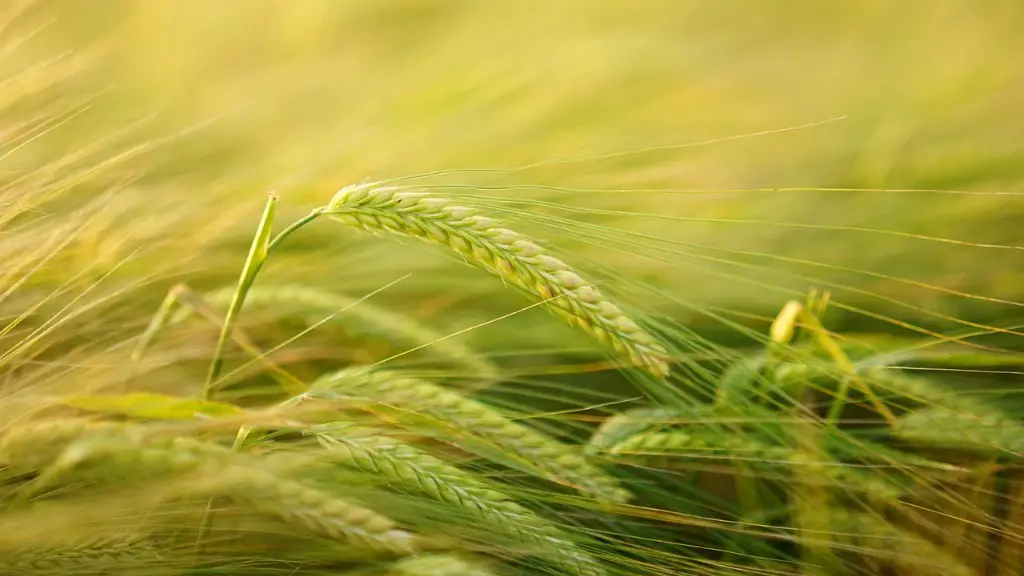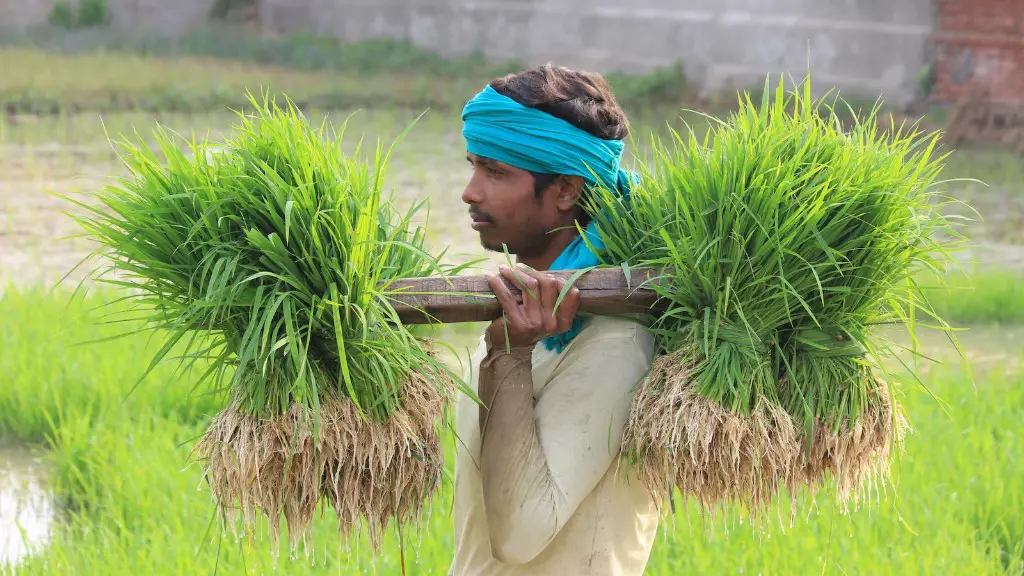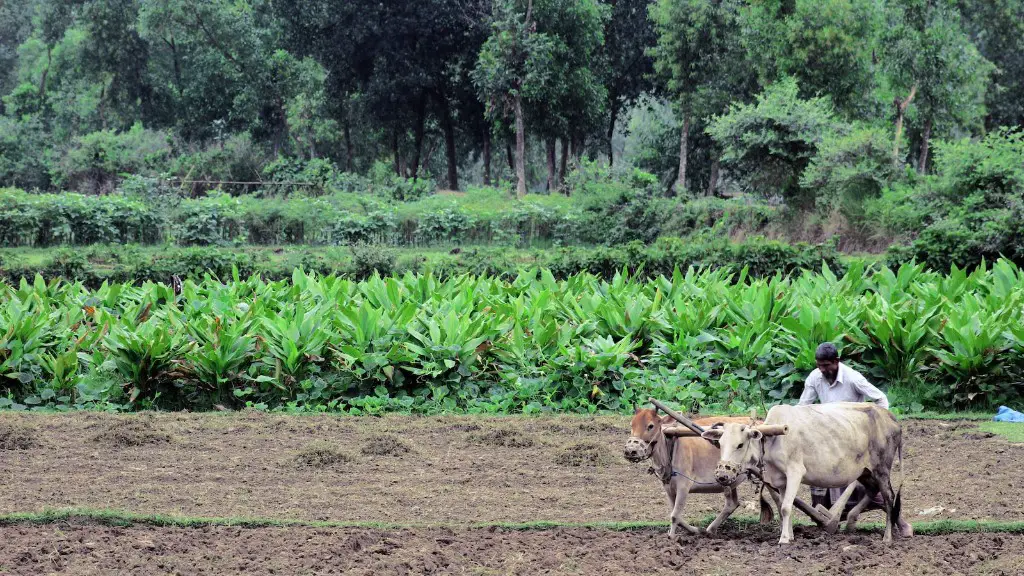Agriculture is a major contributor to the availability of water for human needs. It is estimated that about 70% of fresh water usage is for agricultural purposes worldwide.Water is an essential input for agricultural production in terms of irrigation and livestock production. Agricultural activities can have an important effect on water resources, either positively or negatively. This affects human health, food security, and economic development of countries.
Impact of Agriculture on Water Quality
Agriculture can have both a positive and negative impact on the water quality. On one hand, agricultural activities can increase water pollutants, thus decreasing water quality. A range of inputs including fertilizers and pesticides are used in agricultural production, while they can improve crop yields, they also contaminate water and contribute to eutrophication, or nutrient enrichment. Livestock production may also contribute to water pollution, as manure can contribute to an increase in nutrient concentrations, such as phosphorous and nitrogen, in water.
On the other hand, agricultural activities can contribute to improved water quality. Runoff from over-irrigation, crop production, and livestock production can significantly contribute to reducing the water temperature. Wetlands can provide water filtration and habitat for wildlife, improving water quality in the process.
Impact of Agriculture on Water Availability
Agriculture also affects the availability of water, both positively and negatively. Properly managed irrigation systems can improve water availability and reduce water stress in areas that would otherwise experience shortages. This is one of the major benefits of agricultural production – improved food security and nutrition in an area where water resources are scarce.
However, if irrigation is not managed properly, it can have a negative impact on water availability. Over-irrigation can lead to the depletion of groundwater, soil salinization, and water-borne diseases caused by contaminated drinking water.
Impact of Agriculture on Water Security
Agricultural practices directly impact water security, as it affects the availability and quality of water resources. Poorly managed agricultural techniques can lead to water shortages and water pollution, which can lead to a lack of access to clean drinking water, food insecurity, and economic losses. Poor water management can also cause water conflicts between countries, further threatening water security.
Agricultural Best Practices To Ensure Water Security
Properly managed agricultural practices can help ensure the availability and quality of water resources. Best practices need to be tailored to the water resources and conditions of the local area to ensure the most effective water management. Some of these measures include: conservation agriculture, integrated water resources management, watershed management, and optimized water use.
Conservation agriculture refers to practices that maintain and enhance production while minimizing losses of soil and water resources. Integrated water resources management involves coordinating the resources and processes of water management to optimize water use and protect water resources. Watershed management involves maintaining and restoring the health of watersheds, or areas of land where water drains into streams, rivers, lakes, and swamps. Optimising water use involves using water wisely, such as using efficient irrigation techniques and reducing the waste of water.
Conclusion
Agricultural activities can have an impact on water resources, both positively and negatively. Properly management of agricultural practices can improve water security by reducing water pollution and managing water resources for optimum use. It is therefore essential for countries to properly manage their agricultural activities in order to ensure the availability and quality of water resources.


